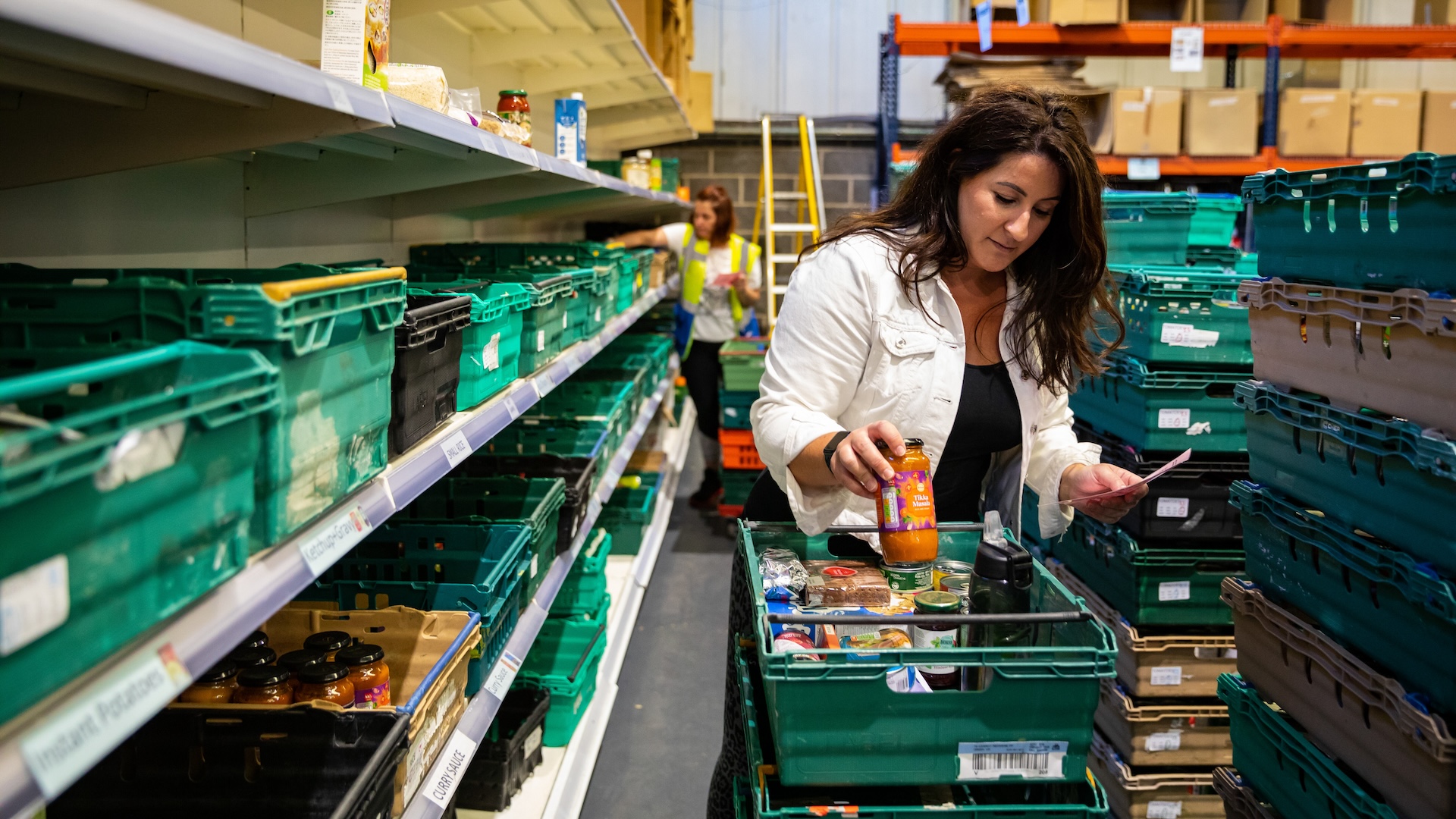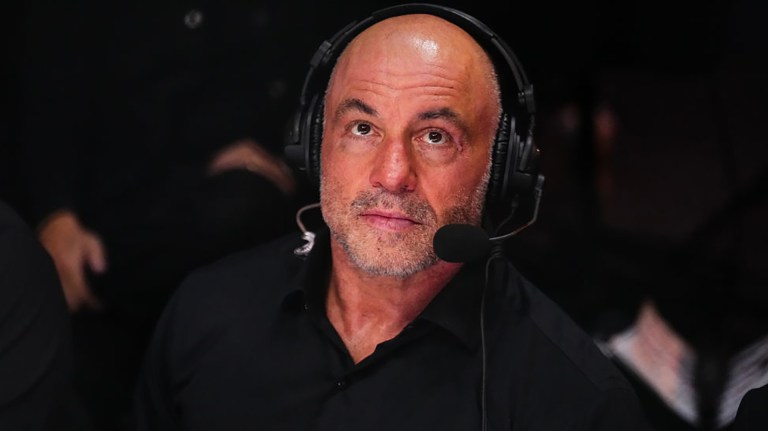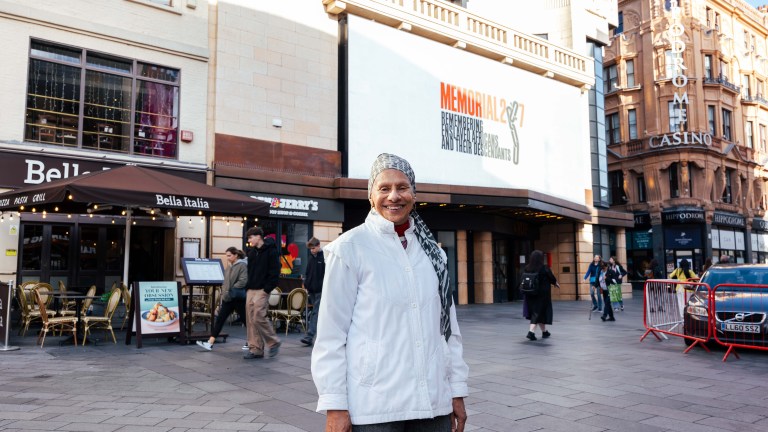But their messages were overwhelmingly clear – the social security system was at fault. Antonia Bance MP was unequivocal in her intervention on the role that universal credit could play in resolving the problem. The £20 uplift “had stopped poverty growing in its tracks” she said. Department for Work and Pensions (DWP) data tells us that this clear cut ‘cash first’ or income-focused policy reduced severe and moderate food insecurity in households on universal credit by 16%.
So how can our new Labour government make good its commitment ‘to end mass dependence on emergency food parcels’? What should new ministers prioritise so that deeply engrained poverty doesn’t result in the further entrenchment of food banks and the alternative providers they’ve spawned.
Every delay inevitably results in the bolstering of an inequitable and unsustainable charitable food aid system. Food banks teams continue to be exhausted and overstretched. Volunteers are being run into the ground by the unending need for their help and the increasingly challenging circumstances they are trying to help resolve.
The developing 10-year child poverty strategy is commendable as are actions linked to zero-hour contracts and wage level increases. The new fair repayment rate will go some way to help people manage the debt incurred by deductions. Despite the tendency of some local authorities to use this funding to prop up food banks, the household support fund’s extension until March 2026 is very welcome.
But huge damage has been done by 14 years of austerity, debts have piled up, and the scale of the UK’s poverty crisis is enormous. Yesterday, the Social Metrics Commission revealed that 16 million people are living in poverty in the UK, that’s 24% of the population. These are the worst poverty rates reported in the 21st century.
So, although certainly steps in the right direction, the Labour government’s initial actions to reverse the relentless tide of poverty sadly represent a drop in the ocean. But it’s not impossible to find the resources to invest in our social security system. It’s far from a pipe dream to imagine people in work don’t make up large numbers of universal credit claimants. We can realistically envisage a society where the elderly aren’t forced to charities to survive, or where parents don’t have to steal formula to feed their babies, or where people with no recourse to public funds don’t find themselves destitute.
Labour government actions to significantly reduce food insecurity and poverty must come sooner and be far more ambitious. Breakfast clubs will make a difference in the here and now, but they won’t give parents the dignity and peace of mind of knowing that they can provide for their own offspring.
We need to see the planned review of universal credit fast-tracked and result in, at least, an essentials guarantee; a concrete plan ‘to end mass dependence on emergency food parcels’ that doesn’t involve the proliferation of other forms of food aid, or food banks in disguise; the removal of the two-child limit, the benefit cap, sanctions, the freeze on local housing allowance, and no recourse to public funds status; the enactment of the equality act’s socio-economic duty as promised; and vital investment in local advice services. Only then, will we finally see the queues for food banks as well as food pantries diminish as levels of wider severe food insecurity and poverty start to reduce.
Do you have a story to tell or opinions to share about this? Get in touch and tell us more. This Christmas, you can make a lasting change on a vendor’s life. Buy a magazine from your local vendor in the street every week. If you can’t reach them, buy a Vendor Support Kit.
Big Issue is demanding an end to extreme poverty. Will you ask your MP to join us?









